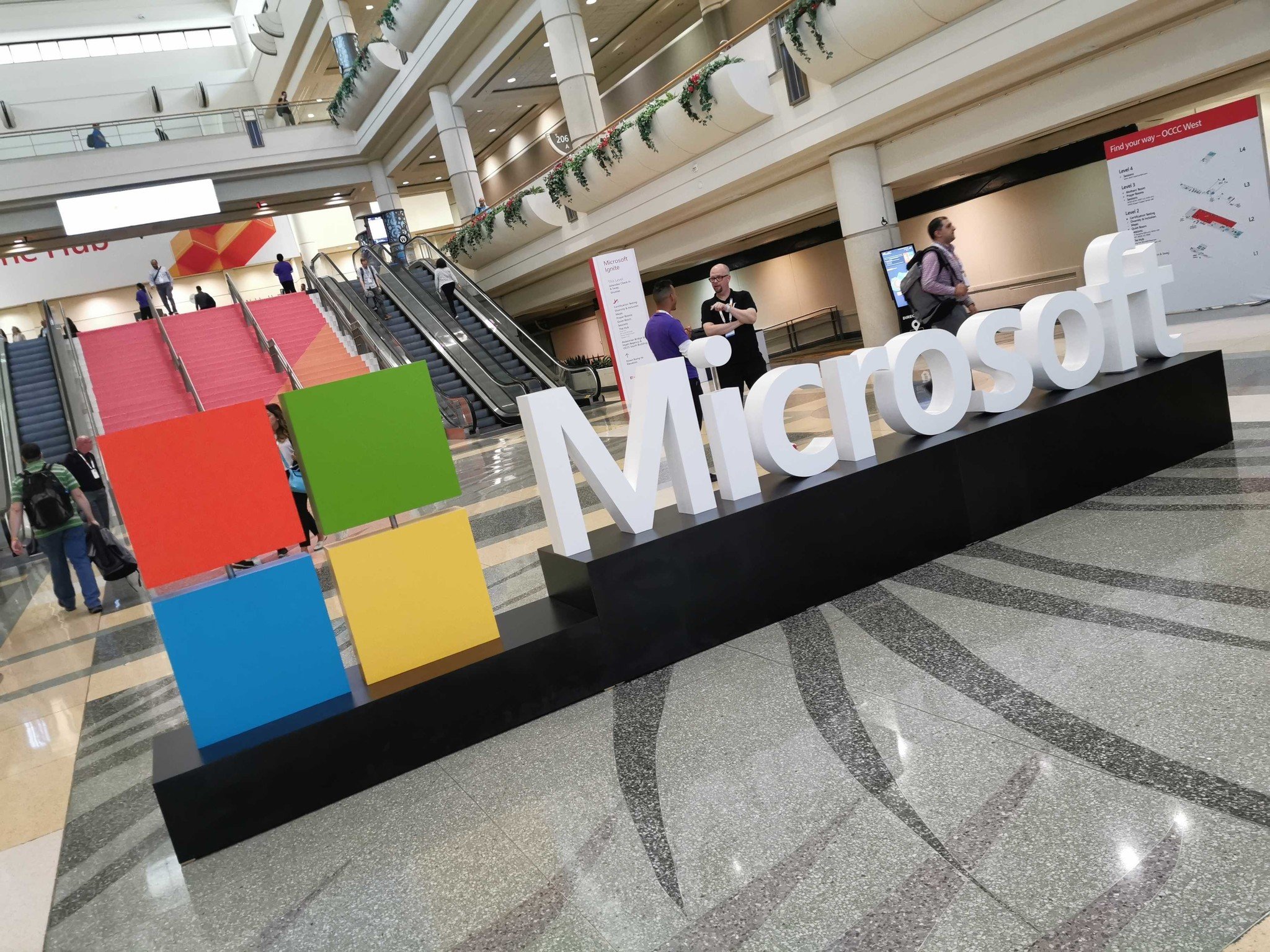Many Microsoft employees will have option to work from home permanently
Even after Microsoft's U.S. offices reopen, many employees will be able to work from home.

What you need to know
- Microsoft will allow many of its employees to work from home permanently.
- Internal guidance from Microsoft on remote working has emerged in a new report.
- The amount a person can work from home varies based on their role, but Microsoft is generally moving toward more flexibility.
Microsoft will allow many of its employees to permanently work from home, even after the company opens its U.S. offices again. The Verge received internal guidance from Microsoft that outlines a "hybrid workplace" and allows for significantly more flexibility when it comes to working remotely.
Microsoft employees will be able to work from home for up to fifty percent of their workweek. Some employees can work remotely entirely if they receive permission from a manager. If an employee decides to work remotely, they have to give up their office space, but can still use touchdown space at Microsoft's offices.
There are some roles at Microsoft, however, that require people to work in person. If an employee requires access to offices, data centers, in-person training, or anything else that requires someone physically be present, they will not be allowed to work remotely.
Kathleen Hogan, Microsoft's chief people officer, said in a note to employees shared by The Verge, "The COVID-19 pandemic has challenged all of us to think, live, and work in new ways." Hogan adds that Microsoft "Will offer as much flexibility as possible to support individual workstyles, while balancing business needs, and ensuring we live our culture."
According to The Verge, Microsoft employees will be allowed to relocate within the U.S. with approval, or in some cases, even be allowed to move internationally. When an employee moves, it can affect their level of compensation and benefits based on Microsoft's geopay scale.
Microsoft will cover home office expenses for employees that permanently work from home, but people will have to pay their own relocation costs.
All the latest news, reviews, and guides for Windows and Xbox diehards.

Sean Endicott is a news writer and apps editor for Windows Central with 11+ years of experience. A Nottingham Trent journalism graduate, Sean has covered the industry’s arc from the Lumia era to the launch of Windows 11 and generative AI. Having started at Thrifter, he uses his expertise in price tracking to help readers find genuine hardware value.
Beyond tech news, Sean is a UK sports media pioneer. In 2017, he became one of the first to stream via smartphone and is an expert in AP Capture systems. A tech-forward coach, he was named 2024 BAFA Youth Coach of the Year. He is focused on using technology—from AI to Clipchamp—to gain a practical edge.
